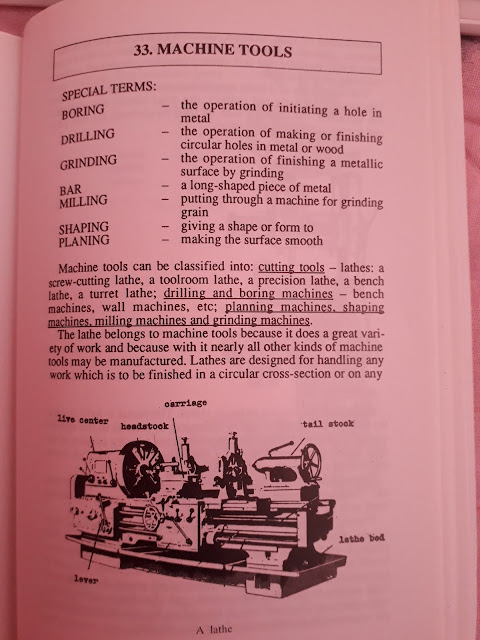M21 M22 Forms of Entertainment
Forms of Entertainment entertainment- zabava page 124 Read the exercises 1 and 2 and think about what you would rather do in your spare time -play a board game like Scrabble or Monopoly -surf the Internet -do yoga -go hiking somewhere close, but new -read a book -play an instrument -go jogging -spend time with your friends Which of these activities can you do now, in the situation of emergency when you are self-isolating? Now, read the text on the page 125 and see the words: preference- prednost, preferencija precious- dragocen, velike vrednosti to hook- zakačiti disturbance- uznemiravanje hang out- družiti se sa određenim ljudima i provoditi vreme na određenim lokacijama boredom- dosada to enable- omogućiti Page 126: Glossary: Exercises 1, 2 and 3 Vocabulary: Exercises 1 and 2




